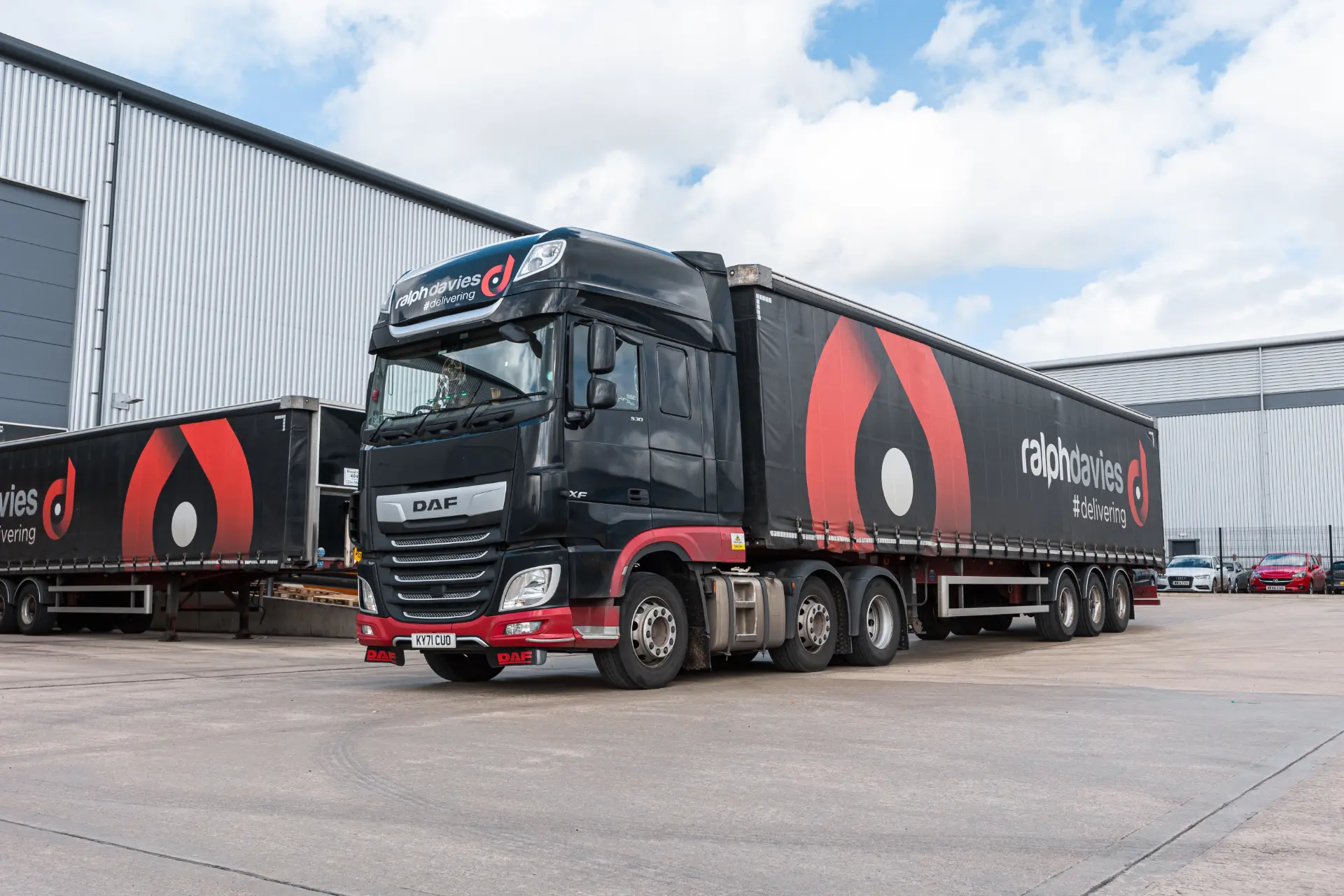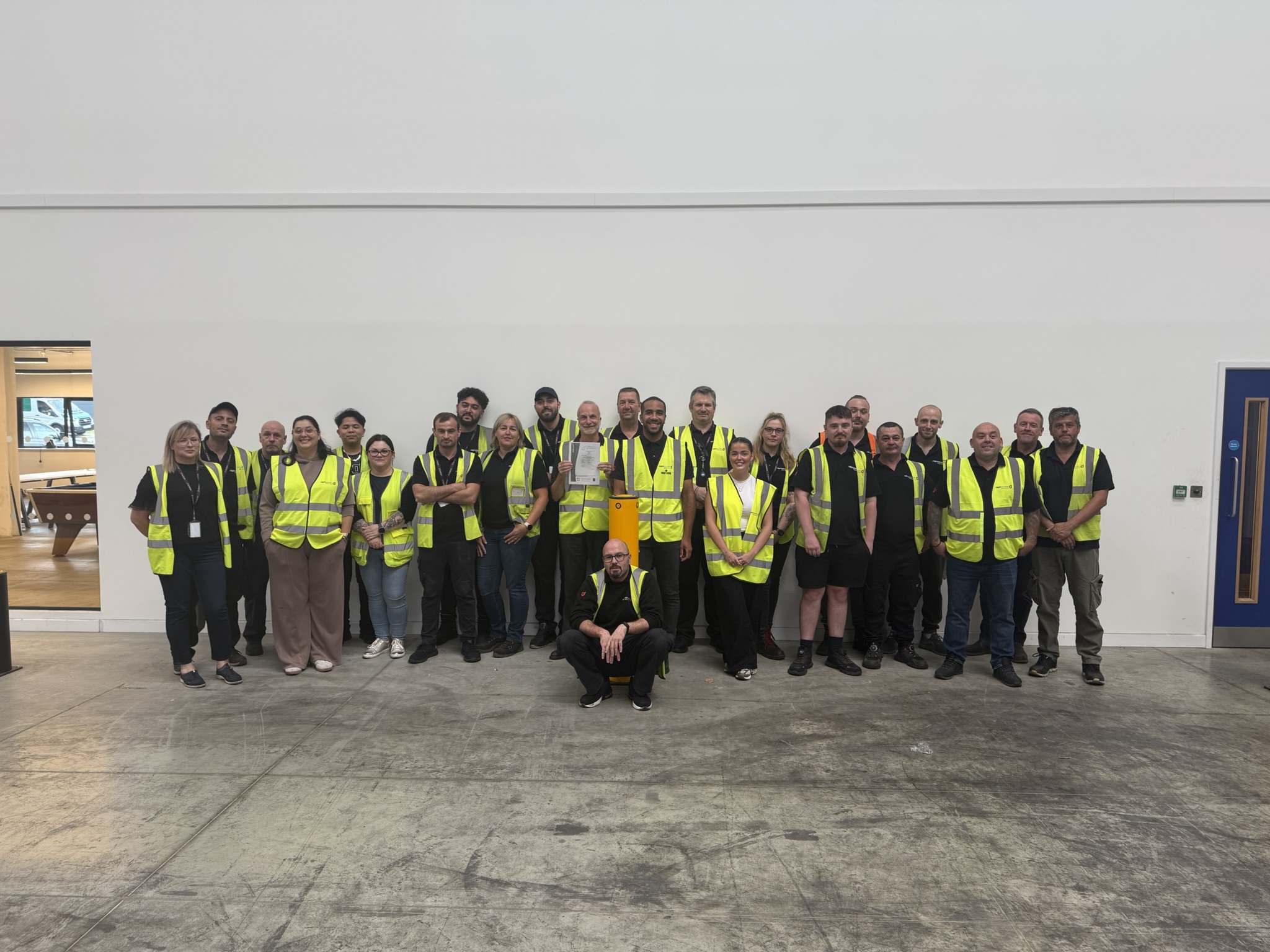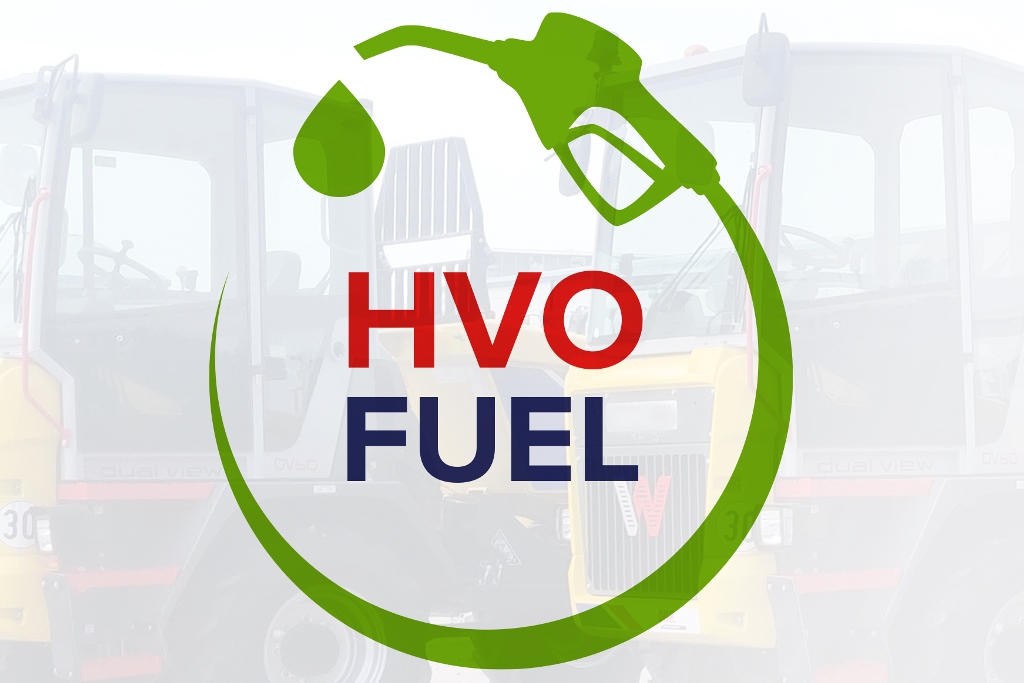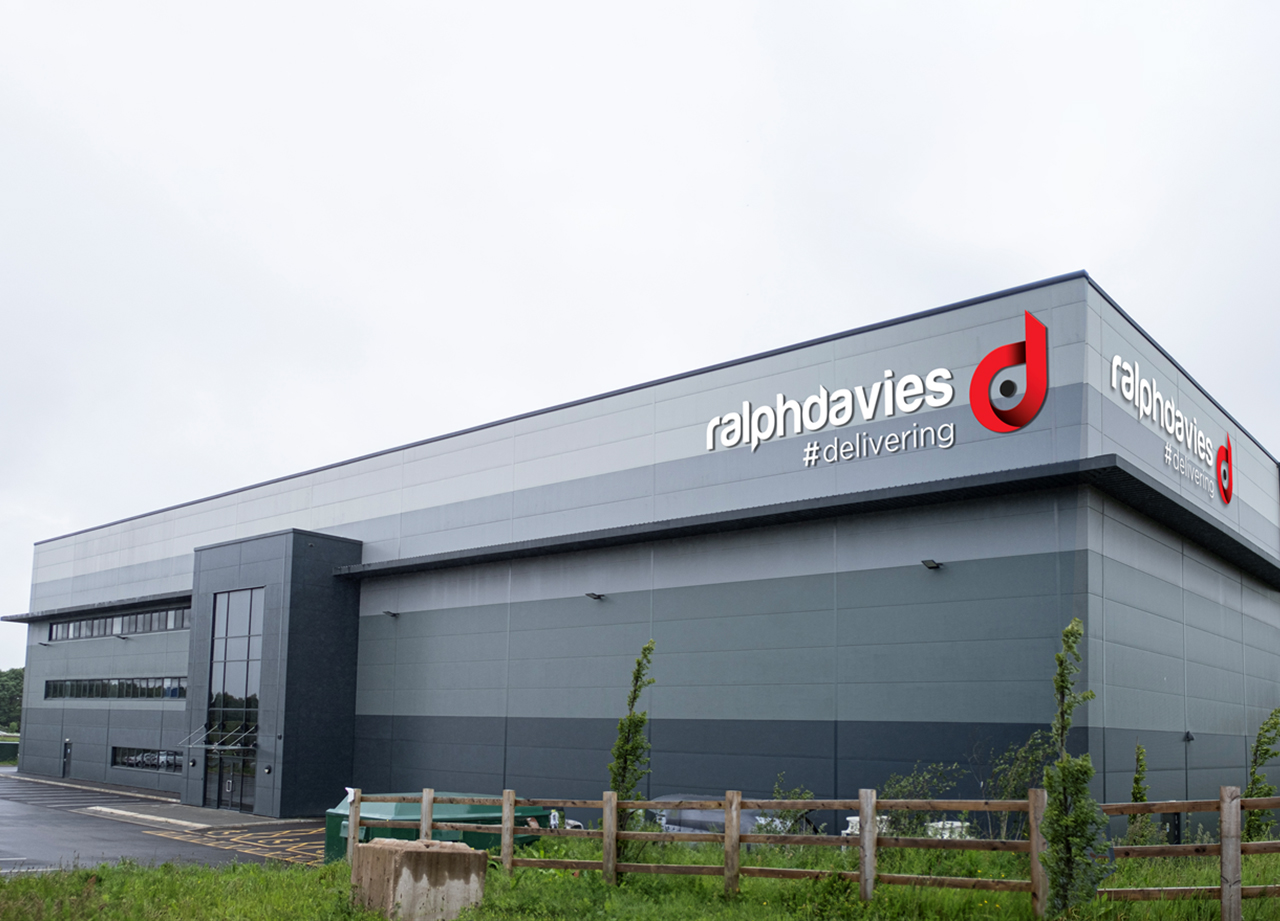As environmental expectations rise across the food industry, logistics providers face a critical challenge: how to deliver exceptional service while reducing carbon footprints. For Ralph Davies International Ltd, the answer lies in smarter transport choices – combining rail freight, efficient routing, and sustainable fuels to lower emissions without compromising service.
We believe sustainability in logistics isn’t a nice-to-have – it’s essential for business. Here’s how we’re helping clients reduce food miles and carbon impact across their supply chains.
Reducing Road Miles Through Smarter Consolidation
Food ingredient logistics often involves complex movements, tight deadlines, and temperature-sensitive products. At Ralph Davies International Ltd, we’ve built our reputation on consolidating loads, optimising routes, and delivering with maximum efficiency.
By combining goods for multiple clients and reducing empty running, we help minimise unnecessary journeys, cutting fuel use, emissions, and road congestion. Our new Banbury facility, with 20,000 pallet spaces and upgraded infrastructure, acts as a central hub for consolidation, enabling smarter, greener logistics across the UK and beyond.
Going the Distance by Rail
One of our most impactful sustainability moves has been increasing the use of rail transport, particularly for longer-distance deliveries to Scotland. Rail offers significant carbon savings compared to road haulage, with fewer emissions per tonne-kilometre travelled.
By strategically integrating rail into our transport model, we reduce road traffic, ease urban congestion, and support national sustainability goals, without compromising reliability or delivery accuracy.
“Our role as a logistics partner is evolving,” says Mike Phillips, Managing Director. “It’s not just about moving goods quickly – it’s about doing so responsibly, reducing environmental impact at every stage of the journey.”
Introducing HVO: A Cleaner Fuel for a Smarter Fleet
Alongside route optimisation and rail use, we’ve invested in cleaner fuels for our road fleet. Ralph Davies International Ltd now uses Hydrotreated Vegetable Oil (HVO), a renewable diesel alternative made from waste fats and vegetable oils.
HVO offers up to a 90% reduction in greenhouse gas emissions compared to conventional diesel, with no compromise on vehicle performance or reliability.
“Our customers in the food industry are under pressure to lower Scope 3 emissions,” explains Mike. “By using HVO and other sustainable solutions, we help them meet those targets without disrupting operations.”
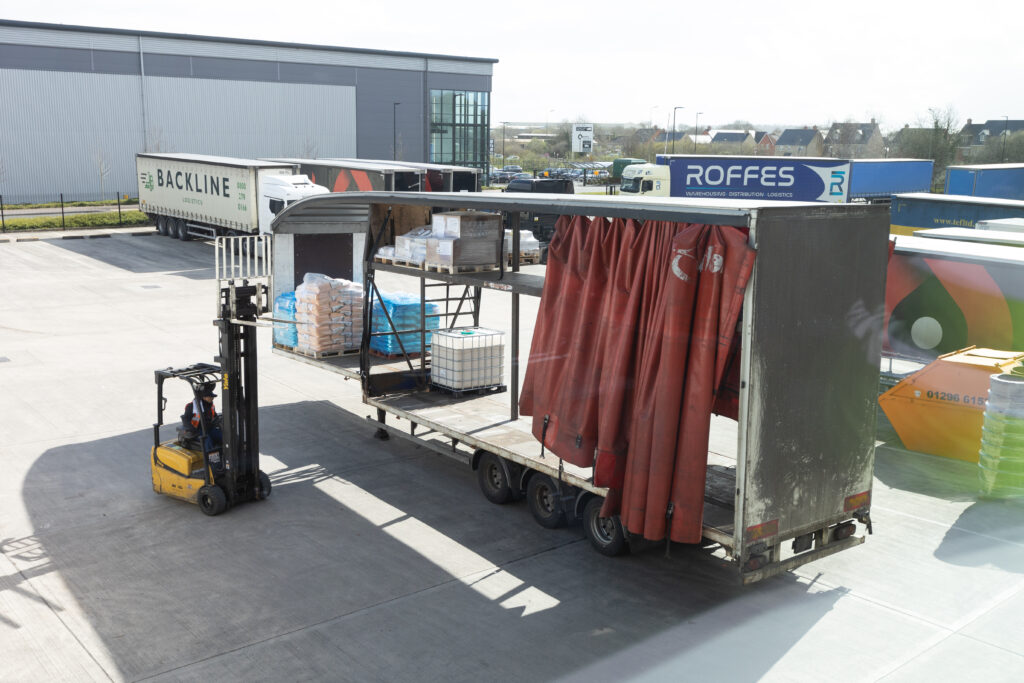
Sustainability Without Sacrifice
We understand that food manufacturers can’t afford to trade reliability for sustainability. That’s why our approach focuses on combining both using rail where it makes sense, optimising routes, and powering our fleet with low-emission fuels while maintaining our market-leading service levels.
Our investment in specialist vehicles, real-time tracking technology, and rigorous hygiene standards ensures every delivery meets our clients’ expectations sustainably and safely.
Looking Ahead: Our Green Commitments
Sustainability is a journey, not a destination. As part of our wider environmental strategy, we are:
- Partnering with a green electricity supplier using bio plant energy from recycled food waste
- Continuing to integrate HVO across our fleet
- Exploring further rail opportunities to cut road miles
- Supporting clients with consolidated deliveries to reduce emissions across shared supply chains
By taking responsibility for our environmental impact, we help customers reduce theirs – building a more resilient, sustainable food logistics network for the future.
Ready to make your food supply chain greener?
Talk to our team about sustainable logistics solutions:
enquiries@ralphdavies.co.uk
ralphdavies.co.uk

